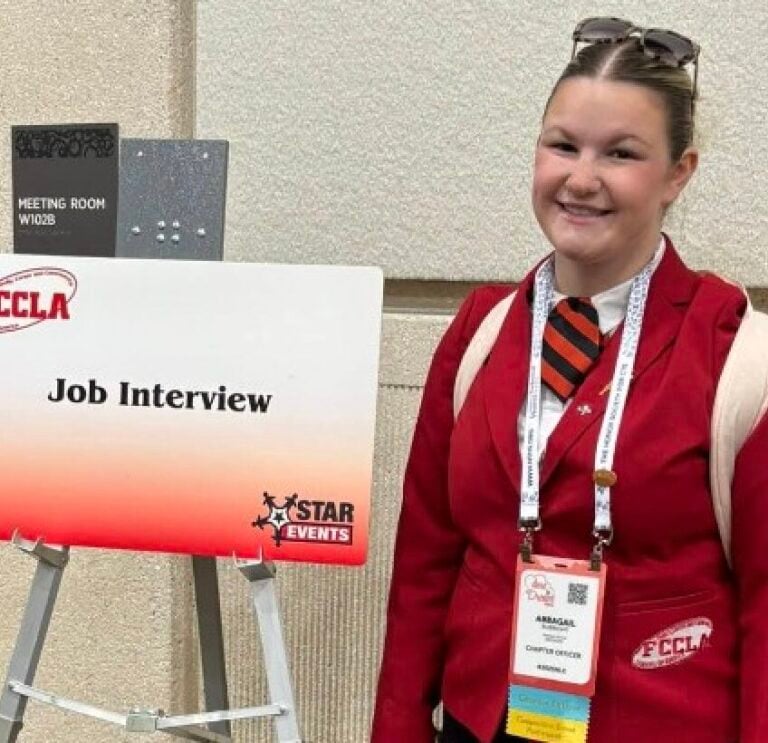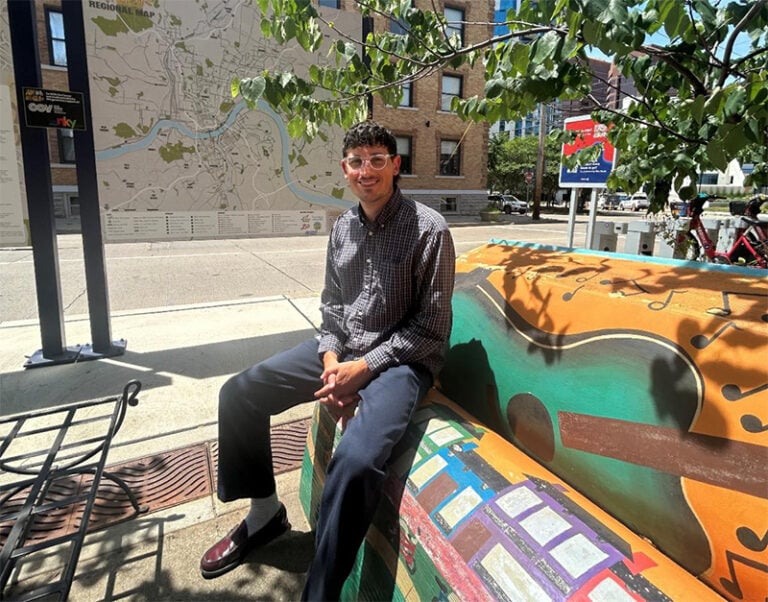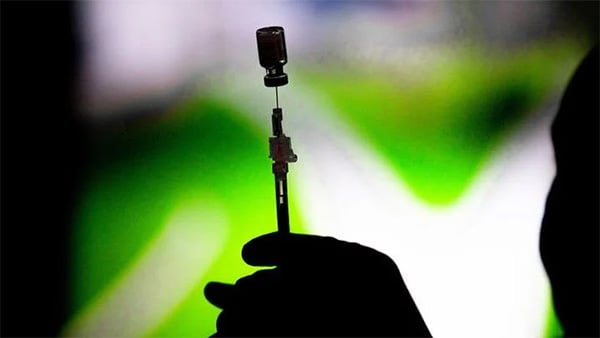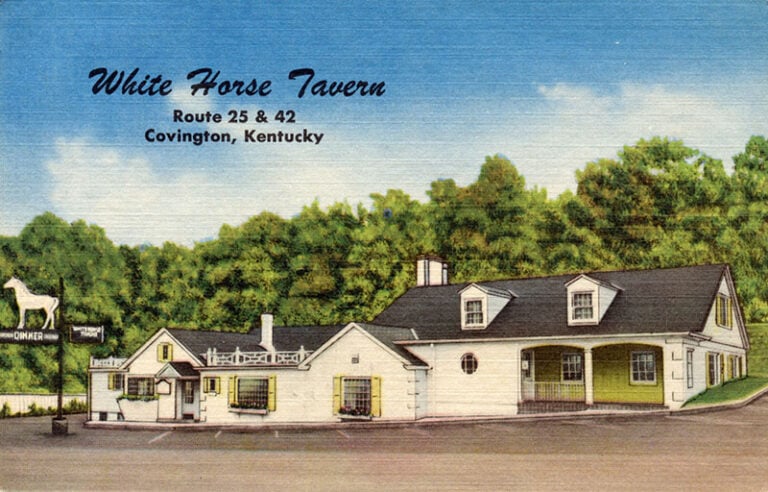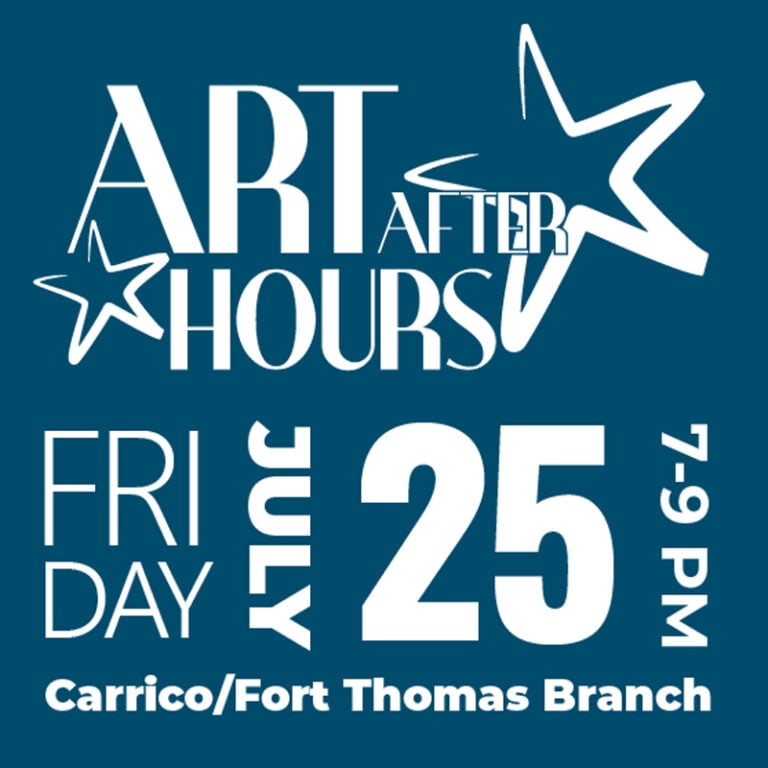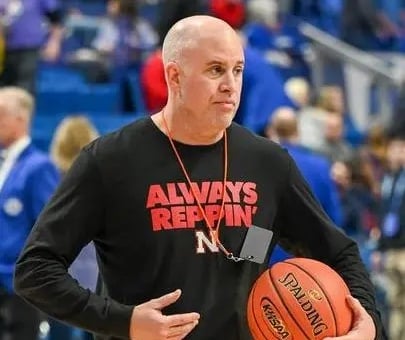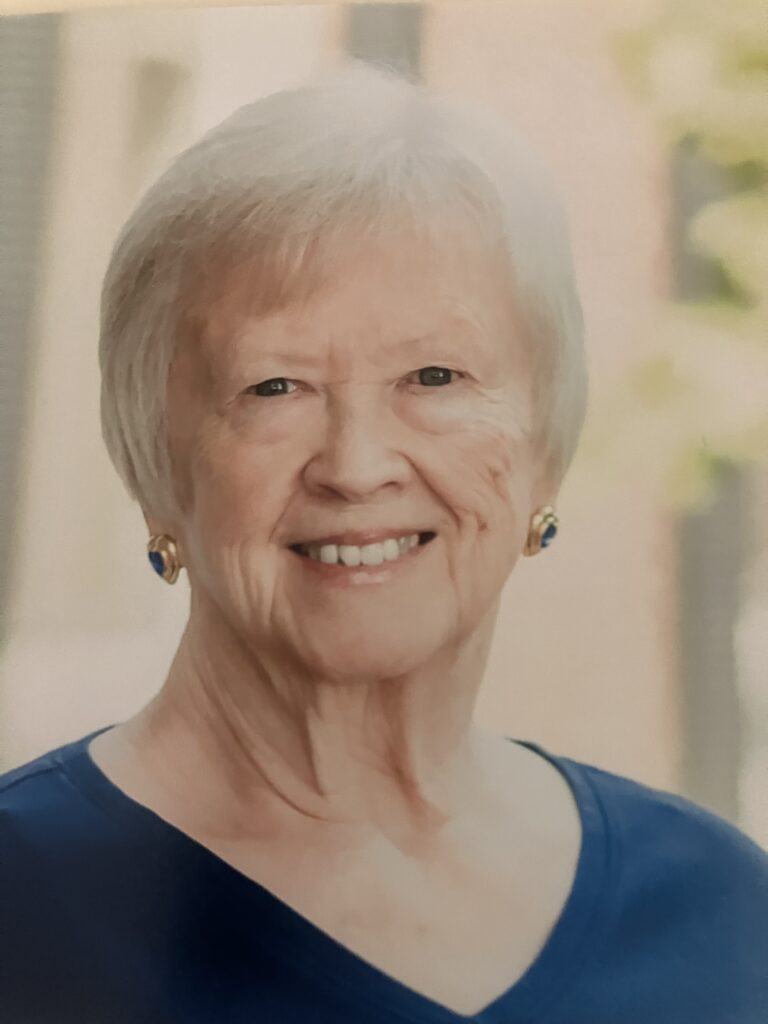With Kentucky’s instant-racing machines crossing the billion-dollar threshold earlier this spring, and as Kentuckians spend billions of dollars more each year at casinos along the Ohio River, House Speaker Greg Stumbo said “that the time has come for voters to decide the expanded-gaming issue once and for all.”
While appearing during Monday’s “Kentucky Tonight” show on KET, Speaker Stumbo said he would file a constitutional amendment that, if approved, would dedicate the state’s revenues to education and strengthening the state’s public pension systems and horse-racing industry. The General Assembly will consider his bill during the 2016 Regular Session, which begins in January. If it cleared that hurdle, the amendment would be before voters in November 2016.
“The evidence is clear: Kentuckians are visiting casinos in other states in large numbers – one recent story by the Kentucky Center for Investigative Reporting conservatively estimates they’re spending more than $3 billion a year at those along the Ohio River – and the state’s two instant racing sites have now generated more than $1 billion since they first went online in Sept. 2011,” Speaker Stumbo said. “Whether we like it or not, expanded gaming is here in Kentucky. The only question is whether we should finally benefit from it.”
Under Speaker Stumbo’s proposal, which is still being drafted, the proposed amendment would set a maximum of seven casino licenses, with one in each of Kentucky’s six congressional districts and one awarded at-large.
The casinos could only be in counties with at least 55,000 people, and a local-option vote would be required beforehand. The Kentucky Lottery Corporation would provide oversight of the industry.
“I think voters will be more likely to approve this amendment if they know the casinos will be in more heavily populated areas and will not be allowed to proliferate,” Speaker Stumbo said. “They also want to know where the state’s money would go. We learned that lesson more than a quarter-century ago with the passage of the lottery amendment.”
The Speaker’s proposal calls for 40 percent of the state’s revenue to go to elementary and secondary education; 30 percent to postsecondary education; 20 percent to the state’s public retirement systems “or any other public purpose, as the General Assembly may decide”; and 10 percent for the horse-racing industry. The higher-education funding would be contingent on the approval of a public four-year university in the Appalachian region.
A county that authorizes a casino would also be able to charge a local licensing fee and a limited occupational tax on related wages.
Speaker Stumbo noted that, when he was Attorney General, he issued an opinion that ruled a constitutional amendment was not necessary to approve casinos.
“Our forefathers had a negative view of lotteries in the late 1800s, which is why that provision was added to our state’s constitution,” he said. “When voters took the anti-lottery provision out in 1988, that made the constitution silent on gambling. However, the political climate is such that voters want their voice heard in this matter. My amendment is written to reflect that and does so in a way that I think is constitutionally appropriate.”
Speaker Stumbo added that his approach would generate much more money for the state than the current formula for instant racing.
“These games have generated well over $1 billion during the last four years, and millions of dollars more will be added when the Red Mile’s new parlor in Lexington opens its doors,” he said. “While that is good news for the horse-racing industry, the state has seen little benefit. In fact, the General Fund only receives about one-third of one percent of the total, or less than $4 million combined in four years. If that same billion dollars had been generated at a casino here, we would have gotten many times more, plus millions of dollars extra in license fees and related taxes. As the state confronts ongoing needs measured in the tens of billions of dollars, my plan is the only one that provides a viable path forward.”
From Legislative Research Commission








